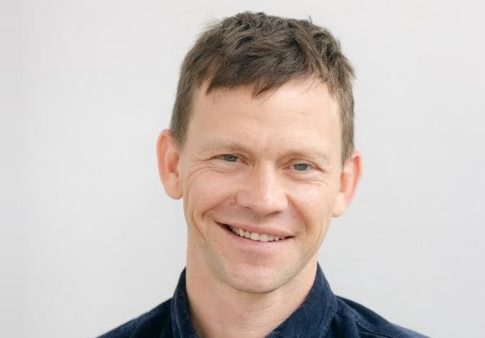Addressing the Silent Struggles of Young Men
In today’s society, many young men are grappling with emotional distress, often hidden beneath a surface of stoicism and casual conversation. This internal battle—marked by feelings of anxiety, depression, and isolation—can leave them feeling utterly alone. Understanding and addressing this mental health crisis is crucial now more than ever.
The Stark Reality of Mental Health Among Young Men
Despite an increase in awareness surrounding mental health, research shows that younger men are often overlooked. According to the Centers for Disease Control and Prevention (CDC), suicide stands as a leading cause of death among males aged 15–24, with a troubling statistic of 21.1 deaths per 100,000, nearly four times the rate of their female counterparts. Alarmingly, in 2021, only 18% of men aged 18–44 accessed any form of mental health support, in contrast to nearly 29% of women.
These figures serve as a wake-up call, urging us to confront the barriers that prevent young men from seeking help.
The Cultural Context
In diverse communities like South Florida, traditional views often equate vulnerability with weakness. This cultural messaging can perpetuate silence, leading many to self-medicate or, in severe cases, feel hopeless enough to consider suicide.
Changing the Narrative
It’s essential to transform the conversation around mental health from being a personal issue to a collective concern. Mental health challenges are not indicative of personal failure or gendered struggles; they are public health priorities that require immediate action.
- Encourage Openness: It takes courage to acknowledge feelings of anxiety, loneliness, or trauma. Let’s redefine strength—true bravery lies in reaching out for support when needed.
Building Supportive Environments
To foster a healthier mindset among young men, transformation must take place across various settings—homes, schools, sports teams, places of worship, and workplaces. Here are a few actionable strategies to create supportive environments:
- Normalize Therapy: Encourage conversations around therapy as a regular aspect of mental well-being.
- Promote Mental Health Days: Just as we acknowledge physical health days, mental health days should be seen as equally valid and essential.
- Educator Training: Equip teachers and coaches with the knowledge to recognize signs of mental distress in young men, enabling them to offer necessary support.
Empowering Young Men
To the young men reading this: know that you are not alone, and you are certainly not broken. Seeking help is a sign of courage and strength. By allowing yourself to express your feelings, you are not just embracing your vulnerability—you are affirming your humanity.
Moving Forward Together
Let’s cultivate an environment that encourages dialogue about mental health rather than one that thrives on silence. It is time we usher in a culture that celebrates mental wellness as a pillar of strength rather than a source of shame. Together, we can help dismantle outdated narratives and replace them with compassion, understanding, and proactive support.
Remember, your feelings are valid. You are worthy of support, and reaching out for help may be one of the most empowering actions you can take.

Covers wellness, nutrition, mental health, and daily life tips.
Bio: Talia brings a background in health journalism and holistic living to help readers live better, one tip at a time.

